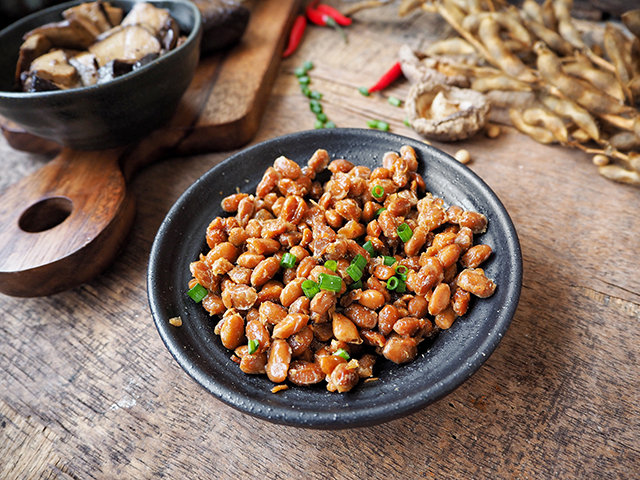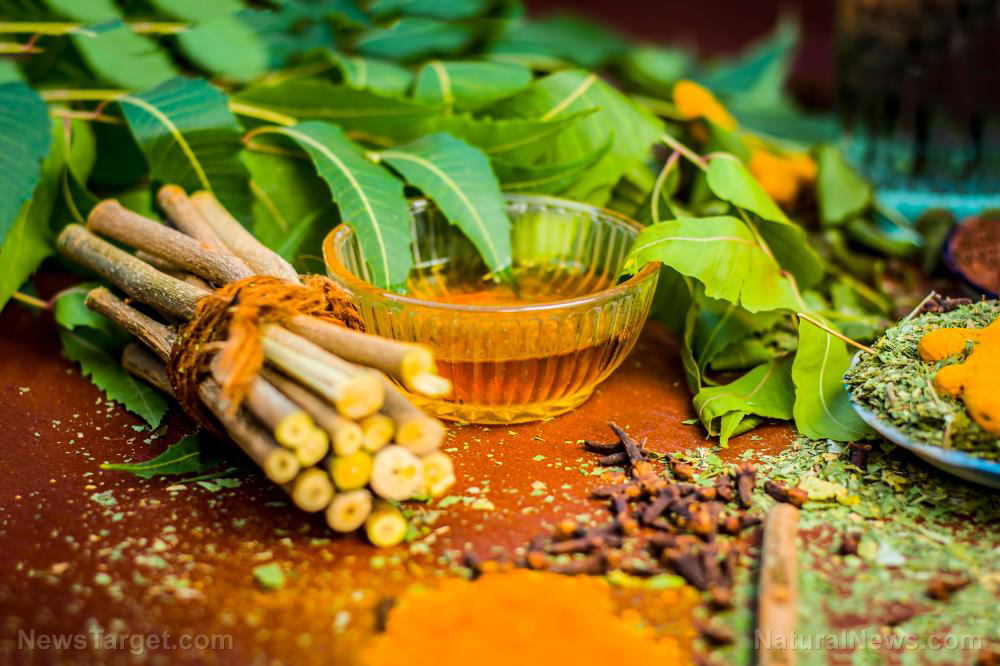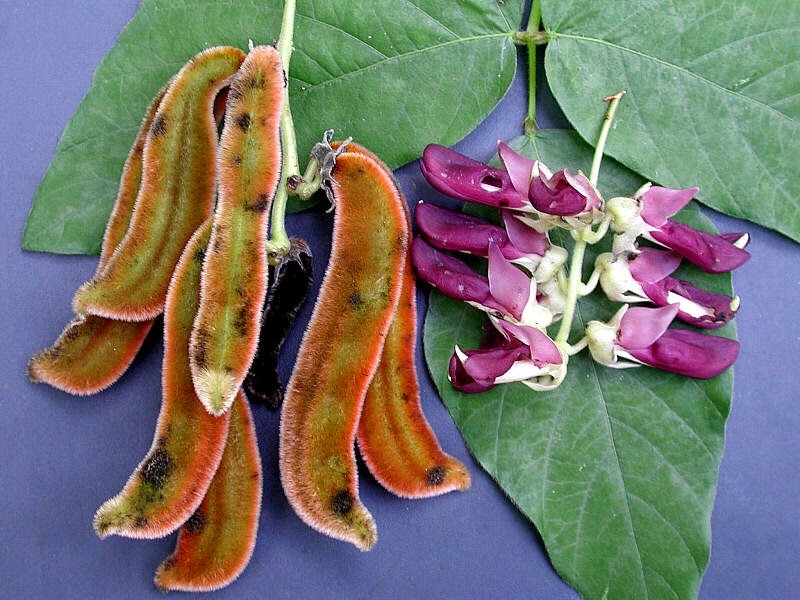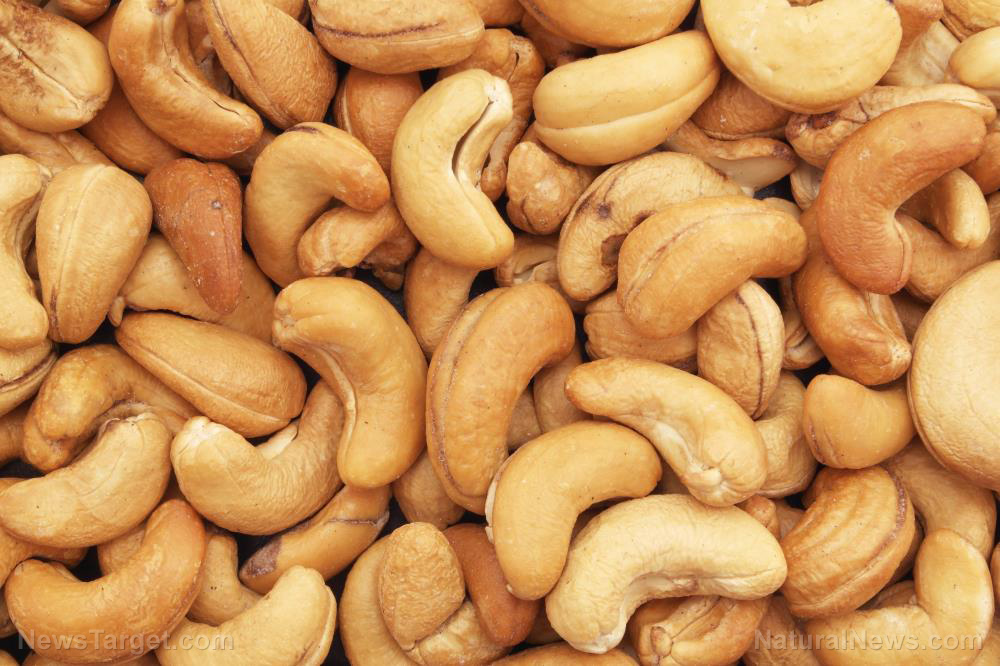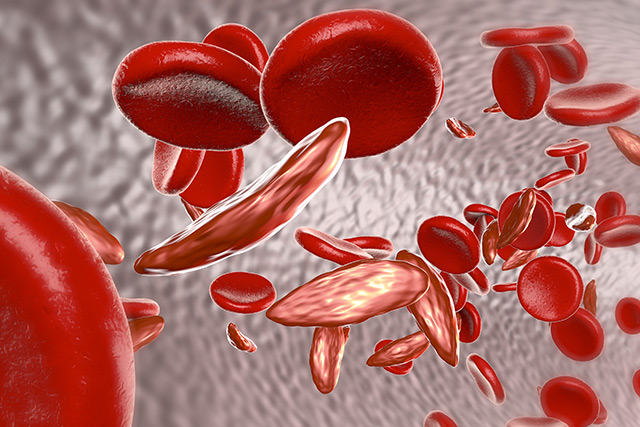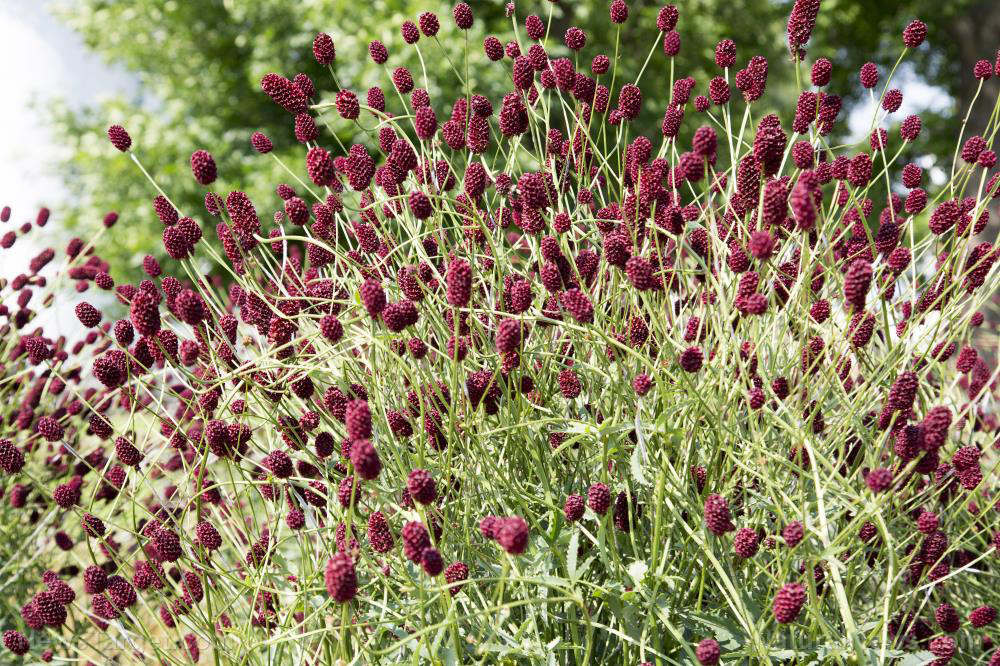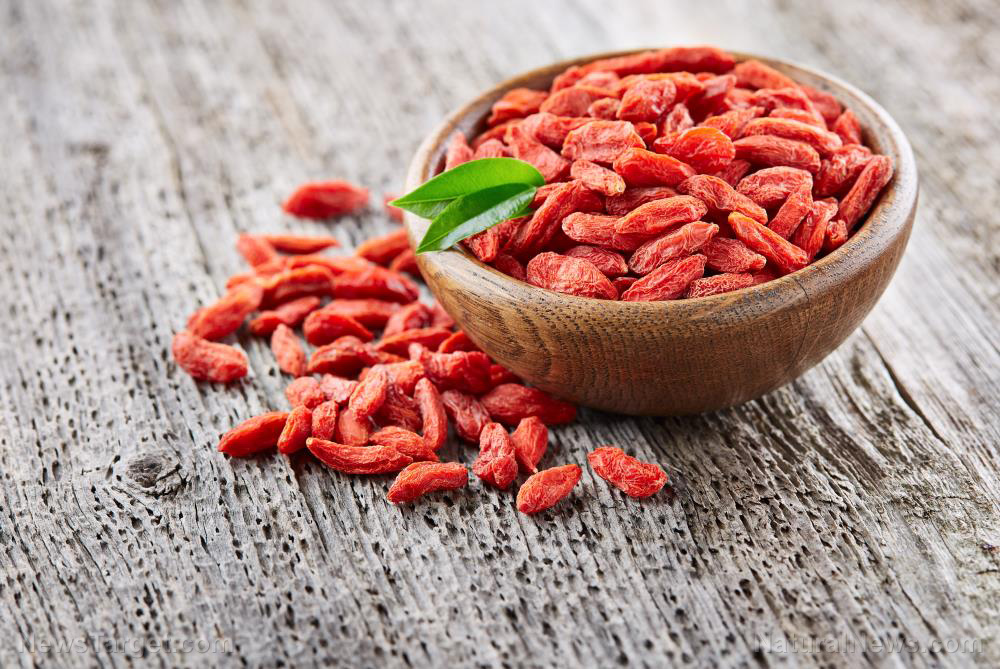Moringa helps with the seedling growth of wheat
09/06/2018 / By Ralph Flores

A study in Allelopathy Journal found that extracts from various parts of the moringa tree (Moringa oleifera) can be used to help grow wheat plants (Triticum aestivum L.) and keep wild mustard (Sinapis arvensis) at bay. In the article, researchers looked at how the chemical composition and phytotoxicity of leaves, flowers, and the seeds of the M. oleifera plant can affect the development of the two plants.
- Researchers found that extracts of M. oleifera leaves were abundant sources of methyl 11,14,17-eicosatrienoate and octadec-9-enoic acid.
- The flower extracts contained nonacosane hydrocarbon compounds, unsaturated fatty acids derivatives (including methyl 12,15-octadecadienoate with 17.88 %, 9-octadecenoic acid, and methyl ester, (E)), and saturated fatty acids and its derivatives (hexadecanoic acid, and methyl ester)
- M. oleifera seeds were noted to have unsaturated fatty acid derivatives (9-octadecenoic acid, methyl ester, (E), and octadec-9-enoic acid).
- The team evaluated the primary chemical components of each extract, with hierarchical cluster analysis dividing the components into three groups.
- The results showed that extracts from the leaves, flowers, and seeds prevented the germination of S. arvensis; however, it stimulated the growth of wheat seeds.
From the results, the researchers concluded that the compounds in M. oleifera were responsible for inhibiting S. arvensis germination.
Learn even more natural ways to grow your crops at Harvest.news.
Journal Reference:
Tahir N, Qader K, Azeez H, Rashid J. INHIBITORY ALLELOPATHIC EFFECTS OF MORINGA OLEIFERA LAMK PLANT EXTRACTS ON WHEAT AND SINAPIS ARVENSIS L. Allelopathy Journal. 2018;44(1):35–48. DOI: 10.26651/allelo.j./2018-44-1-1152
Tagged Under: moringa, Moringa oleifera, natural weedkillers, plant growth, seed germination, wheat, wild mustard



